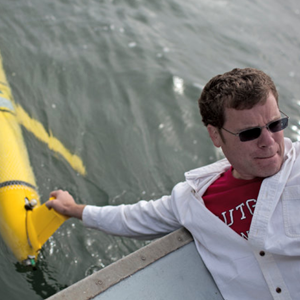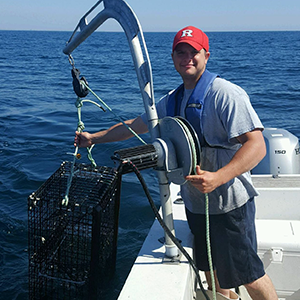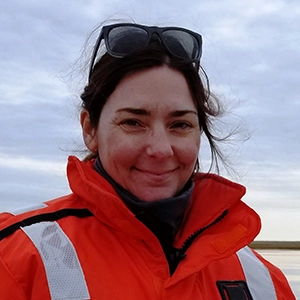Offshore wind farm contributions to a regional environmental and ecological monitoring system to address multi-user needs
The surface ocean over the continental shelf is observed regularly via satellite and shore based remote sensing. However, information on marine life (marine mammals, fish, seabirds, etc.) and subsurface conditions is incredibly sparse. Significant challenges to real time data collection include limited power supplies for marine instruments, lack of communication for data telemetry, and lack of platforms for hosting ocean and marine life monitoring systems (e.g., passive acoustics for marine mammals; camera systems for birds). These observations serve the many shared users of the marine space including the wind developers, commercial and recreational fishing, shipping industry, marine scientists, and associated marine safety, ecological monitoring, assessment, and management needs. To support the responsible implementation of offshore wind energy in the waters off New Jersey’s coastline, a long-term environmental and ecological monitoring system within the New Jersey/New York Bight is required to collect the best available data to fulfill the state’s mandates to protect and responsibly manage New Jersey’s marine and coastal resources.
A team from Rutgers University, Monmouth University, the National Renewable Energy Lab and the Special Initiative on Offshore Wind was awarded $285,000 to explore the potential use of offshore wind farms turbines, foundations, and substations as potential environmental and ecological monitoring platforms. This team will also gather input from a broad range of stakeholders to develop a conceptual plan for a regional network of environmental and ecological monitoring systems that would provide high-quality data on environmental and ecological conditions, commercial and recreational fisheries, and marine safety.
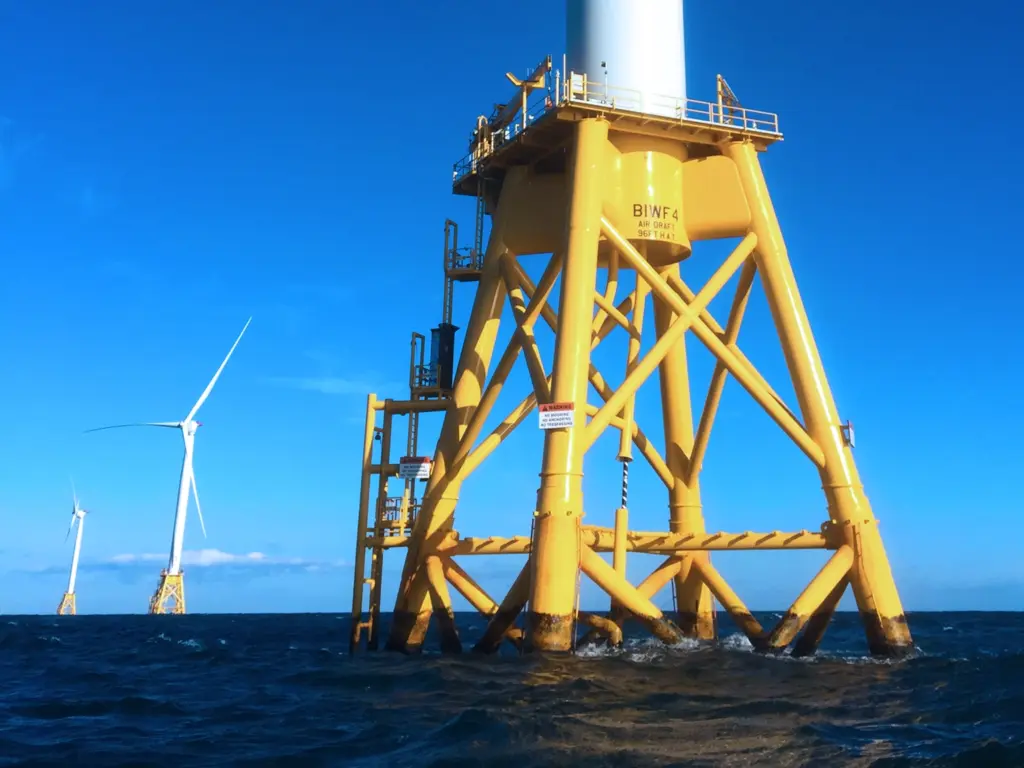
The conceptual plan and stakeholder input will be organized into four topic categories:
- Topic 1 – Statement of observing network objectives
- Topic 2 – Description of the observing system components including the recommended variables and commercially available sensors.
- Topic 3 – Description of the recommended deployment methodology including technically feasible installation, sampling strategy in time and space, and maintenance procedures.
- Topic 4 – A description of the recommended data quality and management standards to ensure that intended end users have access to the quality controlled data provided by the observing system.
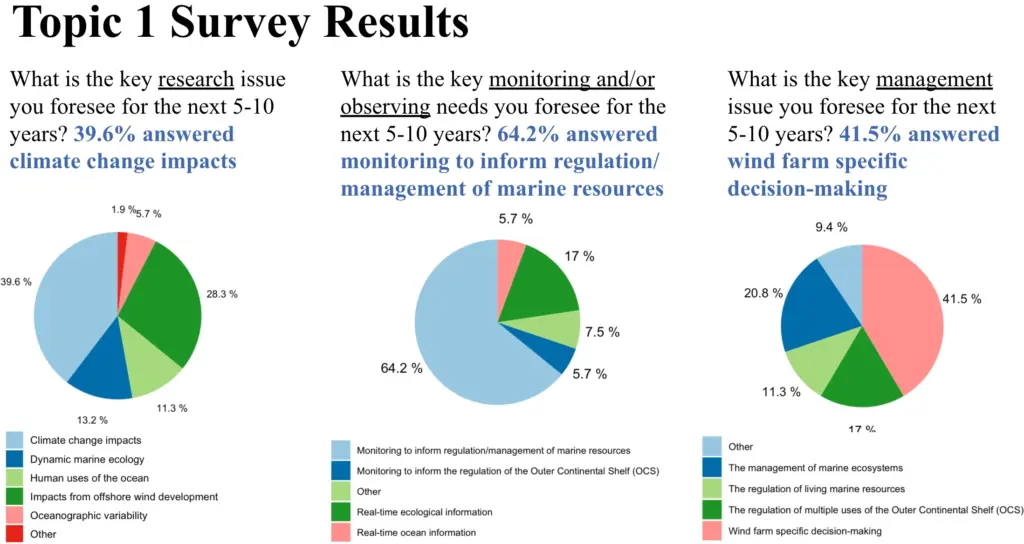
View past webinars here
Intro to Objectives of an Observing Network & Stakeholder Survey (4/19/24)
Survey Results, Feedback, and Potential Gaps (5/31/24)


